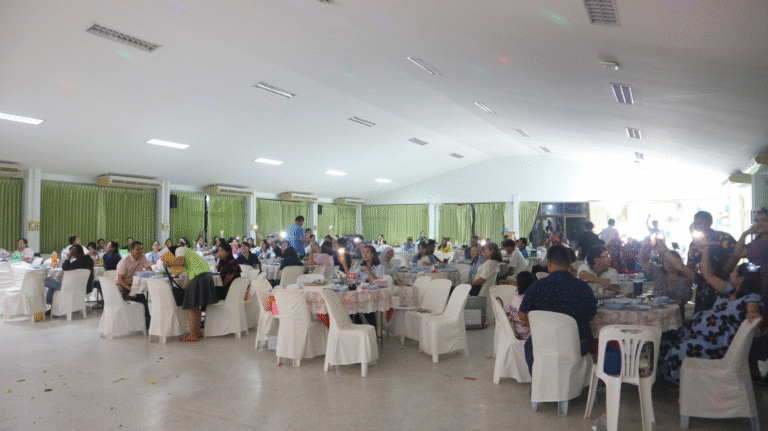Reporters:
Evidence Date: during 2023 Jan-Dec
Related SDGs: Asst.Prof.Dr. Prapot Maliwan
Assoc.Prof.Dr. Pornsil Seephueak
Asst.Prof.Dr. Nion Chirapongsathonkul
Asst.Prof.Dr. Worawitoo Meesook
Evidence Date: during 2023 Jan-Dec
Related SDGs:
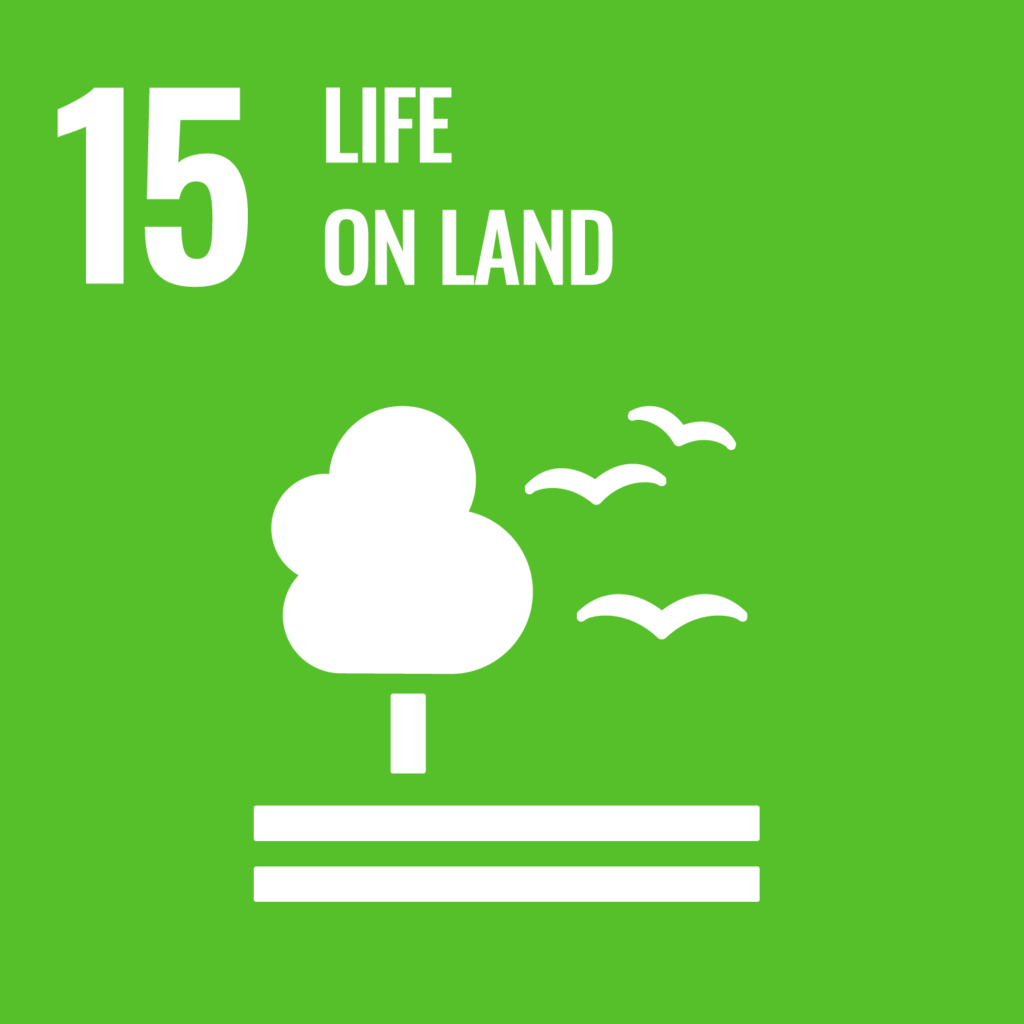
Related Indicators: 15.2.2
Details:
In the poultry section of Animal Science training, students are taught essential skills in poultry husbandry. One of the key skills they learn is the vaccination process for Gumboro disease, which is crucial for maintaining the health and immunity of chickens. Alongside vaccination, students are trained in important breeding techniques such as semen collection and artificial insemination, ensuring proper management of poultry reproduction. Maintaining a clean and sanitary environment is also emphasized, with students learning the importance of barn sanitation and landscape maintenance to promote a healthy living space for the chickens. Providing adequate water and nutrition is another vital aspect of poultry care, ensuring the chickens are properly fed and hydrated for optimal growth and productivity. Additionally, students are trained in beak trimming, a necessary procedure to prevent chickens from injuring one another, reducing aggression and improving overall welfare in the flock. These skills collectively prepare students to manage a poultry farm efficiently, addressing both the health and well-being of the animals. With these practical skills, the students can contribute to better poultry management practices, leading to healthier and more productive flocks. The training not only equips them with the knowledge of poultry care but also fosters a deeper understanding of animal welfare in agricultural settings.
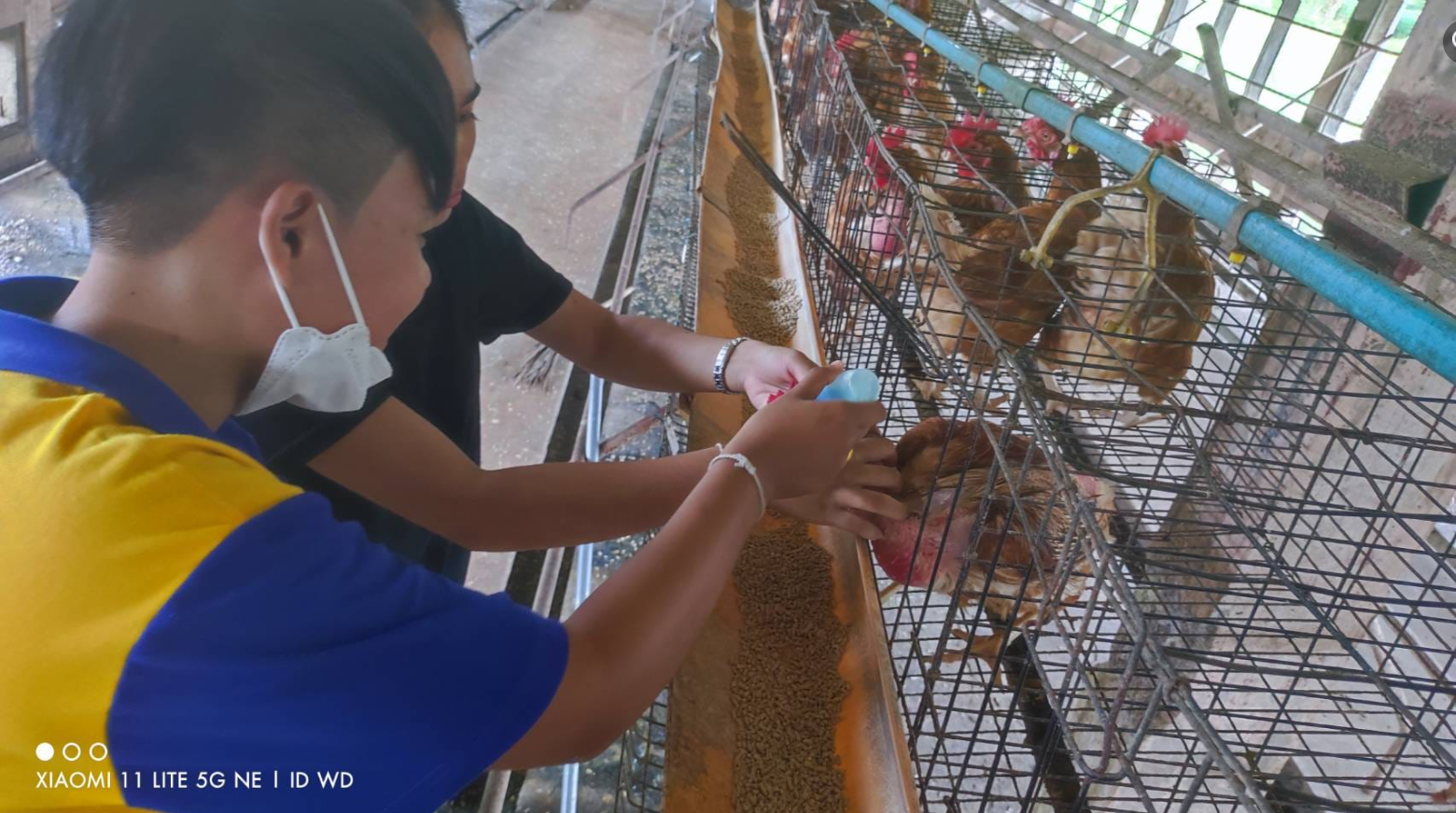
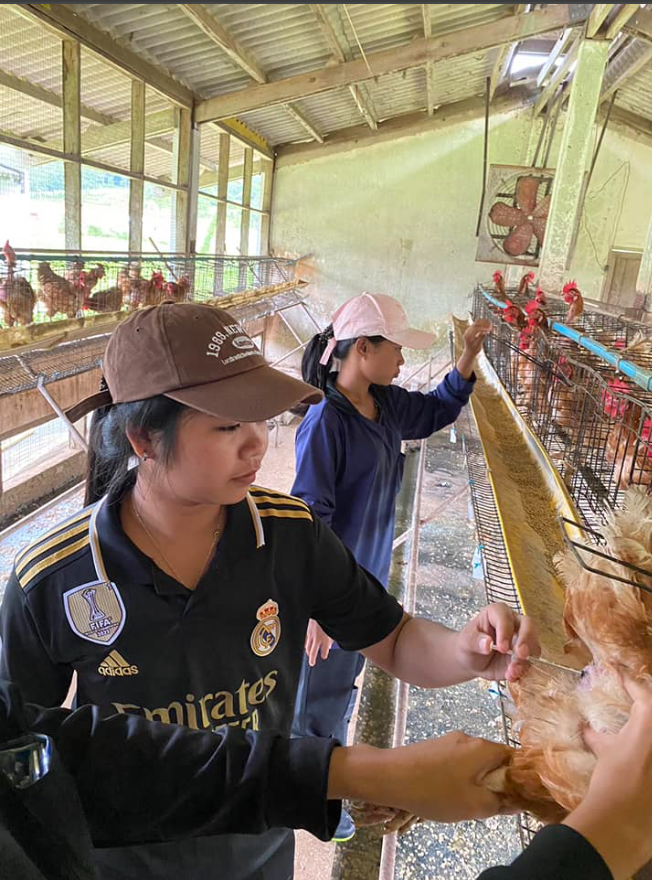
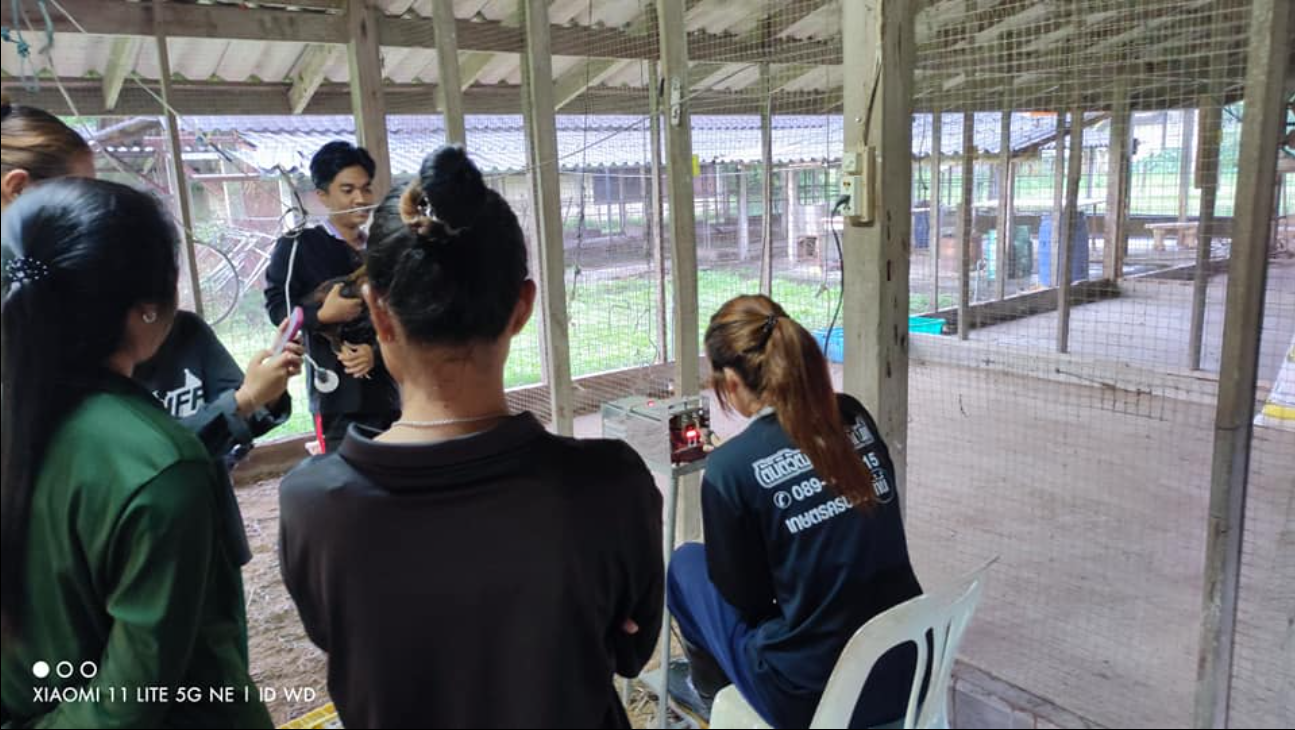
Graduates of Animal Science, specializing in poultry husbandry, are well-prepared to pursue careers in various sectors of agriculture. Equipped with hands-on experience and practical knowledge, they are capable of providing excellent care for animals, particularly poultry. These graduates are ready to take on roles as farmers, managing their own poultry farms with the skills they’ve gained through their training. Additionally, they are qualified to work in academic settings, contributing to agricultural research and education as agriculture instructors or scientists. Their expertise in poultry care, breeding, and animal health also makes them suitable candidates for positions in agricultural consultancy, offering advice on improving farm efficiency and animal welfare. The comprehensive training they receive ensures they are adept at applying scientific principles to real-world farming practices, improving productivity while maintaining high standards of animal care. Furthermore, their ability to implement sustainable farming techniques aligns with modern agricultural trends, making them valuable assets in the industry. Whether they choose to work on a farm, in research, or in education, Animal Science graduates have a wide range of career options that allow them to make meaningful contributions to the field of agriculture.
Related Links:



